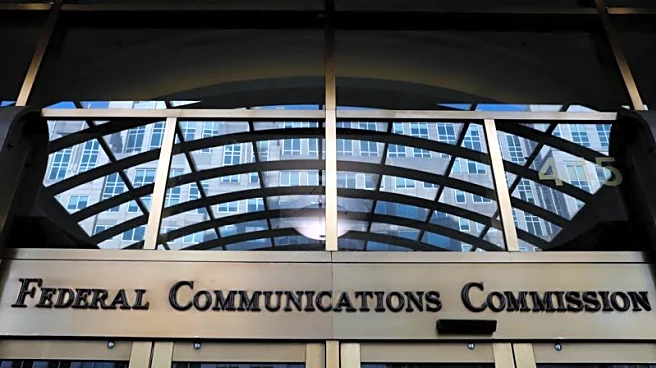What's Happening?
Since late September, nearly 2,000 state and federal law enforcement officers have been deployed in Memphis as part of President Trump's Memphis Safe Task Force, leading to a significant reduction in crime rates. The initiative has resulted in over 2,100
arrests and a notable decrease in serious crimes such as homicides and robberies. However, the increased law enforcement presence has sparked tensions in the majority-Black city, with concerns over racial profiling and jail overcrowding. Local officials have raised issues about the transparency of arrests and the impact on the community.
Why It's Important?
The deployment of federal agents in Memphis is part of a broader strategy by President Trump to enhance crime and immigration enforcement in cities led by Democrats. While the initiative has successfully reduced crime rates, it has also exacerbated racial tensions and strained local resources, including the court system and jail facilities. The operation highlights the complex balance between crime reduction efforts and community relations, particularly in areas with historical challenges in police-community trust.
What's Next?
The task force's operations in Memphis are ongoing, with no set end date, and local officials are concerned about the sustainability of the crime reduction once federal agents leave. The city faces challenges in managing the increased arrests and maintaining community trust. Discussions about additional judicial support and resource allocation are underway to address the strain on local systems.
Beyond the Headlines
The federal intervention in Memphis raises broader questions about the role of federal law enforcement in local crime prevention and the potential long-term impacts on community relations. The initiative's focus on crime reduction must be balanced with efforts to address underlying social issues and ensure equitable treatment of all residents.
















